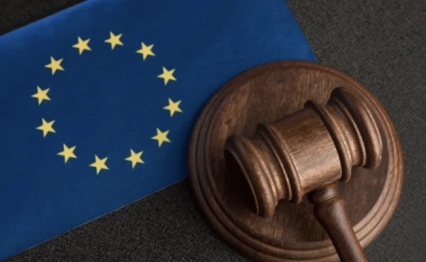
Principles for creating multi sectoral regulators, according to Directive 2002/21 / EC
During the court case Xabier Ormaetxea Garai and Bernardo Lorenzo Almendros against State Administration of Spain, an inquiry to the European Court of Justice (Case C-424/15) is made for a preliminary ruling concerning the interpretation of Directive 2002/21 / EC of the European Parliament and the Council from 7 March 2002 regarding the general regulatory framework for electronic communication networks and services ("Framework Directive").
Mr. Ormaetxea Garai and Mr. Lorenzo Almendros appealed to the Tribunal Supremo (the Supreme Court of Spain) the royal decrees for their release, respectively, as a member and chairman of the Commission for the Telecommunications Market, Spain, hereinafter referred to as "CMT" - the national regulatory authority under the Framework Directive. According to the plaintiffs, article 3, paragraph 3 of the Framework Directive is violated as their functions are terminated prior to the expiry of the mandates, beyond the grounds stipulated in the national law.
The Supreme Court decided to stop the proceedings and refer to the European Court the following questions:
1. Whether the Framework Directive should be interpreted as not allowing national legislation, which creates a multi-sectoral regulator by merging the national regulatory authority ("NRA"), within the meaning of the Directive, with other national regulatory authorities, such as those in the field of competition, postal and energy sectors, etc.?
The conclusion is that such institutional reform is permissible, provided that the newly established body meets the organizational and functional conditions of the Framework and the specific directives, respectively Member States should guarantee to NRA: competence; legal and functional independence from the regulated sector; impartial, transparent and timely exercising of its powers.
2. Whether Framework Directive should be interpreted as not allowing the release of a member and chairman of the merged NRA from their positions prior to the expiry of their mandates only because of the institutional reform in the previous question?
The Court concluded that such release is not allowed, unless rules ensuring their independence and impartiality were laid dawn.


